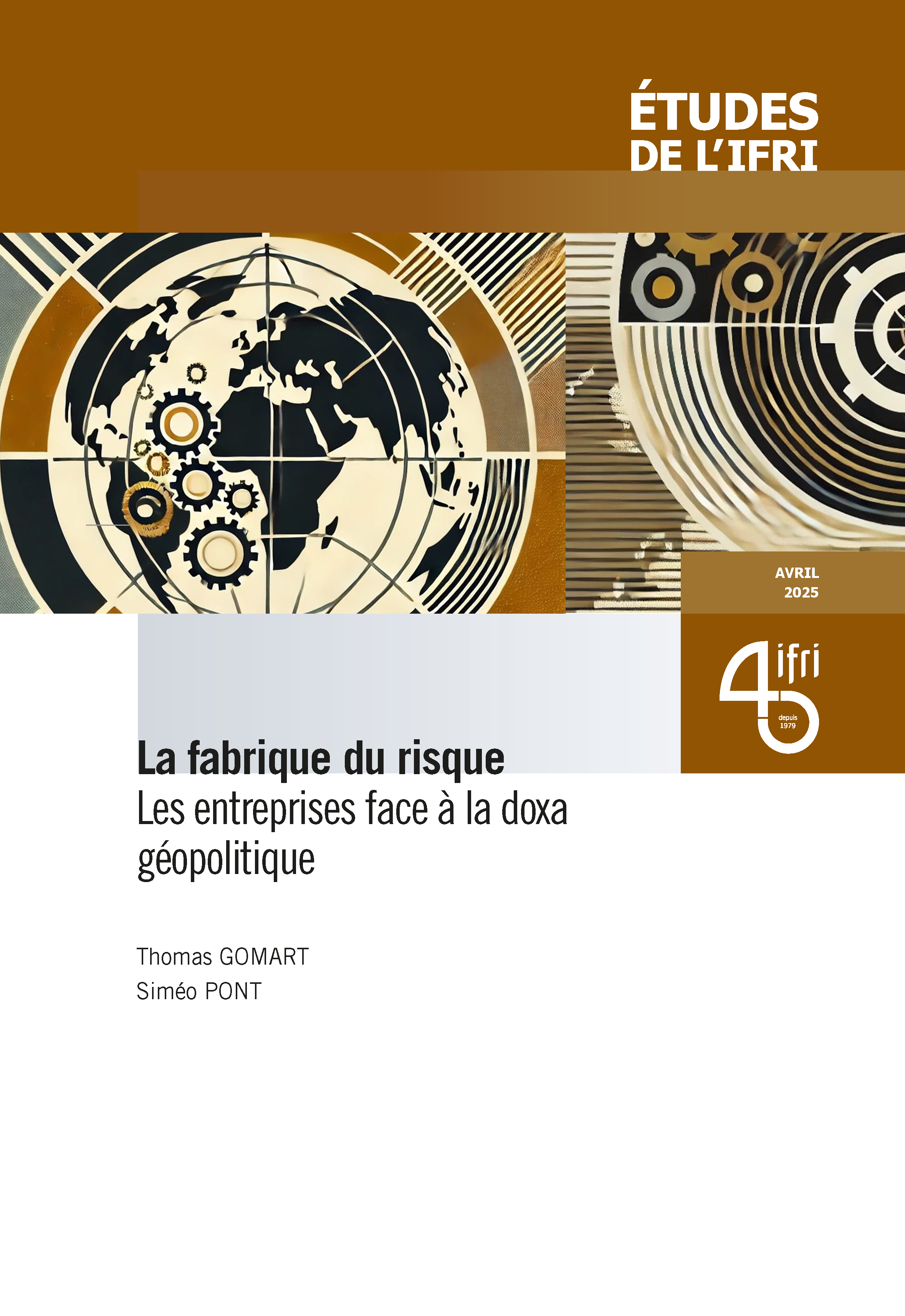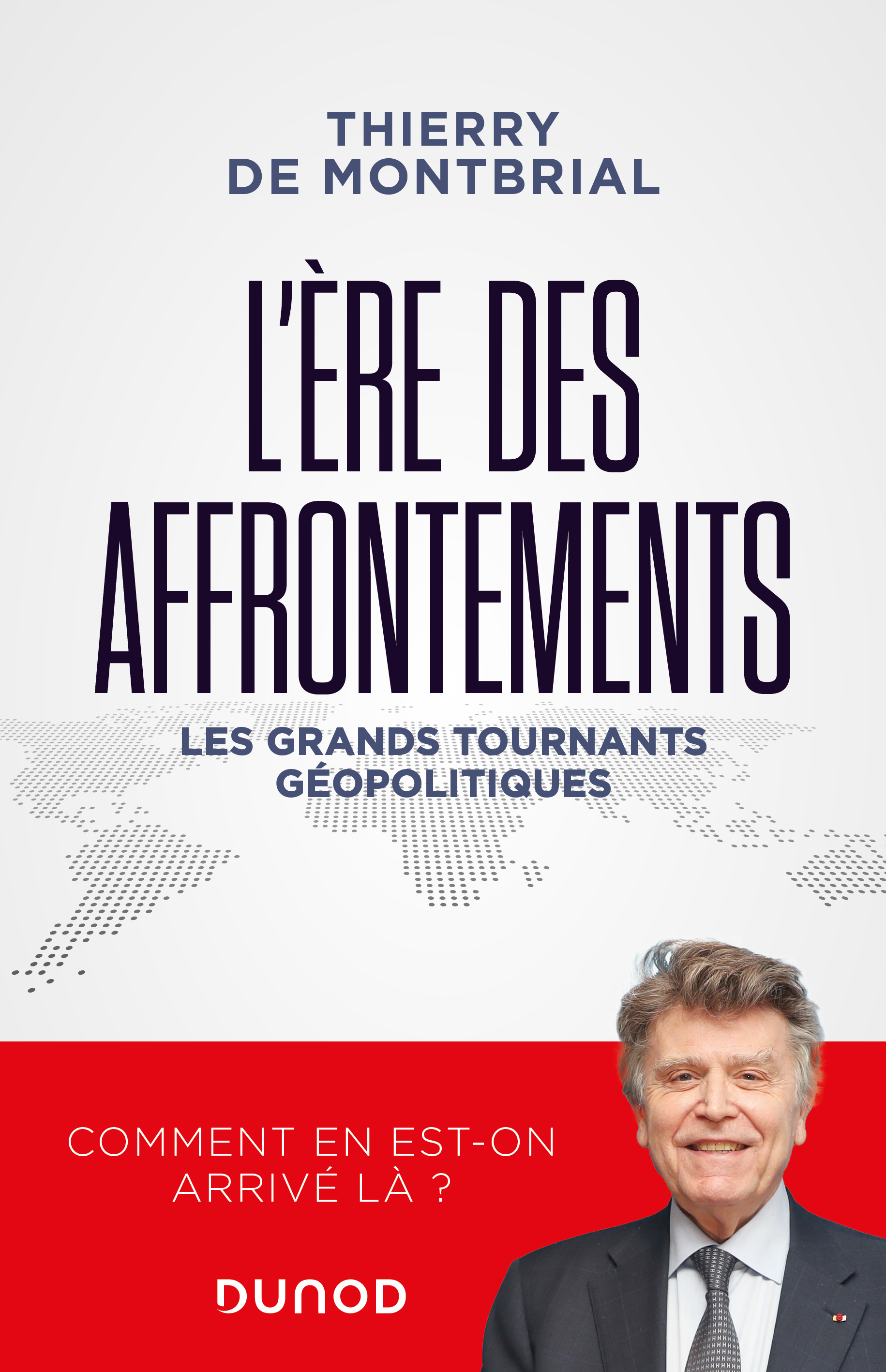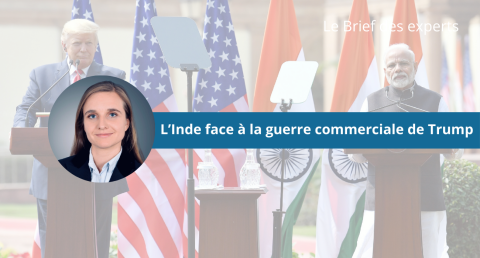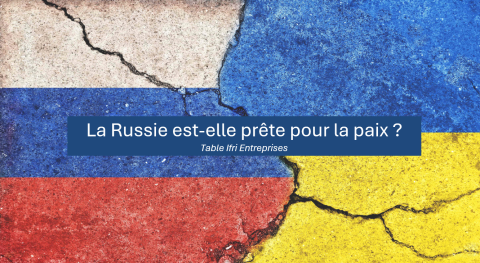Shale Gas Boom in the US: What future for European Petrochemical Industries?

Informations pratiques
Thématiques et régions
Centres et programmes liés
Ceci est un événement réservé.
En savoir plus sur nos programmes de soutienFollowing the publication of a study about “the impact of shale gas development in the US on the European petrochemical industry” conducted by Sylvie Cornot-Gandolphe, IFRI Center for Energy organizes a roundtable conference with: Sylvie Cornot-Gandolphe, Energy Consultant, Associate Research Fellow at Ifri Centre for Energy, José Mosquera, Director Industrial Policy, Cefic - European Chemical Industry Council, Member of the DG Enterprise & Industry (tbc). Chaired by Cécile Maisonneuve, Director, IFRI Centre for Energy
Shale gas revolution in the US is commonly analyzed from the energy point of view. However gas is also an essential commodity for the petrochemical industry. The decrease of gas and ethane prices in the US therefore creates a considerable competitive advantage for this energy-intensive industry. In the country of innovative technologies, this leads to the revival of a traditional industry benefiting from a massive competitiveness shock.
The European industry is directly impacted by this trend. While already dealing with a weak European demand, rising energy costs, overcapacity and aging plants, the European petrochemical sector is facing the emergence of a new competitor besides the Middle-Eastern petrochemical industry. How can it adapt to the upcoming new challenge? Beyond the petrochemical industry, is European industry as a whole to be weakened given the strategic role of the petrochemical industry at the front end of the value chain of the manufacturing sector?
Read the Study in French
Replay
Sujets liés
Autres événements

Le retour de la « grande coalition » – quel leadership allemand dans un monde incertain ?
Le nouveau gouvernement allemand, une « grande coalition » probablement dirigée par Friedrich Merz, va devoir faire face à un environnement international complexe, marqué notamment par un bouleversement des relations transatlantiques. Les attaques de l’administration Trump à l’égard des alliés traditionnels des Etats-Unis, le rapprochement entre Washington et Moscou, ainsi que les incertitudes qui pèsent sur le futur de l’OTAN, ébranlent les paradigmes de la politique étrangère allemande.
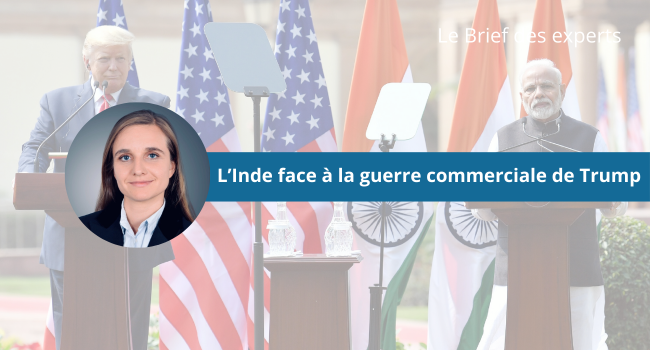
L’Inde face à la guerre commerciale de Trump
Un brief de 30 minutes autour de Sylvia Malinbaum, chercheuse, responsable de la recherche sur l'Inde et l'Asie du Sud au Centre Asie de l'Ifri.
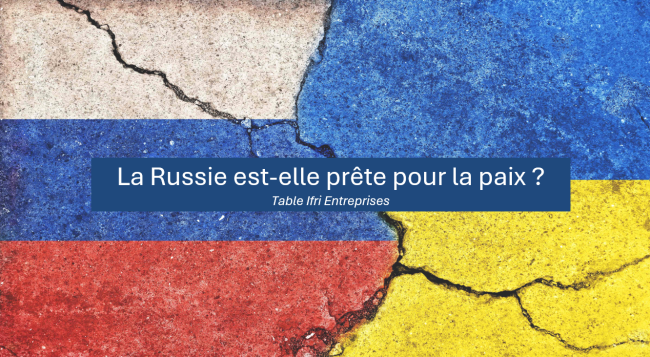
La Russie est-elle prête pour la paix ?
Depuis plus de trois ans, la Russie mène une guerre de haute intensité contre l’Ukraine, qui bénéfice du soutien politique, militaire et financier de l’Occident.


